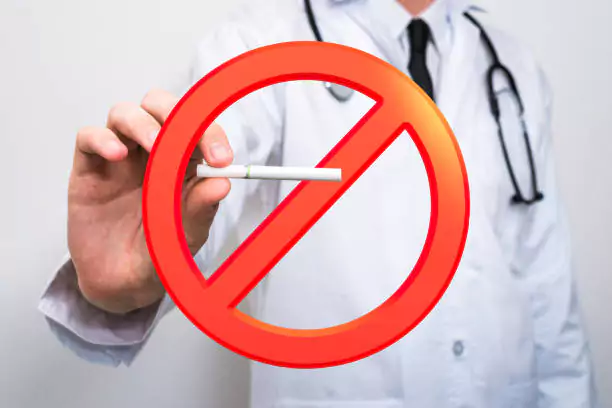Bronchitis, Chronic Disease, Home Remedies
Smoking – Its Consequences And Preventive Measures
Smoking – Its Consequences And Preventive Measures
Smoking is the act of inhaling and exhaling the fumes of burning tobacco or other substances. It is one of the most common and harmful forms of substance abuse in the world. Smoke can lead to a variety of serious health problems, including cancer, heart disease, stroke, and lung disease.

Consequences of smoking
- Cancer: This is the leading cause of preventable death in the world, and it is responsible for about one in three cancer deaths. Smoke can cause cancer of the lungs, esophagus, stomach, colon, rectum, bladder, pancreas, cervix, kidney, and leukemia.
- Heart disease: Smoking is a major risk factor for heart disease, the leading cause of death in the United States. Smoking damages the heart and blood vessels and increases the risk of blood clots, heart attack, and stroke.
- Lung disease: Smoking is the leading cause of chronic obstructive pulmonary disease (COPD), a group of lung diseases that make it difficult to breathe. They can also cause asthma and pneumonia.
- Other health problems: Smoke can also cause a variety of other health problems, including diabetes, arthritis, cataracts, macular degeneration, gum disease, osteoporosis, premature skin aging, infertility, and erectile dysfunction.
Preventive measures
The best way to prevent the consequences of smoking is to never start smoking in the first place. The best thing you can do for your health is to stop smoking if you already do. There are many resources available to help you quit, including nicotine replacement therapy (NRT), counseling, and support groups.
If you know someone who smokes, you can encourage them to quit by talking to them about the dangers of smoke and offering your support. You can also help them find resources to help them quit.

Tips for quitting smoke
- Set a quit date and stick to it.
- Tell your friends and family that you are quitting and ask for their support.
- Get rid of all of your cigarettes, lighters, and ashtrays.
- Avoid places where people smoke.
- Find healthy ways to cope with stress and cravings.
- Talk to your doctor about nicotine replacement therapy (NRT) or other medications that can help you quit.
Quitting smoke is not easy, but it is possible. With the right support and resources, you can quit smoke and improve your overall health and well-being.


